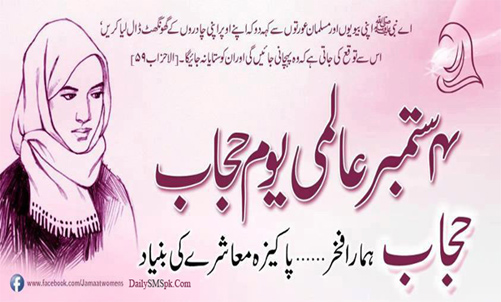DHIMMI. In Islamic law one who is in the covenant of protection (dhimmah) with the Muslim power is considered dhimmi. In principle, the covenant could be made between Islam and any population of a non-Muslim country conquered by Muslim forces. But in the usual meaning and practice the covenant was made only with scriptuaries, ahl al-kitab (“people of the book”). Besides Jews, Christians, and Sabaeans, the category of ahl al-kitab was often extended to cover Zoroastrians, sometimes members of other faiths were included Hindus).
Adult male dhimmis of sound mind were required to pay the special jizyah (poll tax) on their incomes as well as the kharaj (land tax). In later centuries the kharaj was exacted less and ultimately disappeared. Restrictions and regulations in dress, occupation, and residence were often applied to dhimmis. The legal status of dhimmis was in many aspects unequal to that of Muslims. Dhimmis were obliged to comport themselves in a self effacing and inoffensive manner, and religious publicity and pro-selytization were forbidden to them. In return for dhimmi compliance with the stipulations of the dhimmah covenant, Islam offered them security of life and property, defense against enemies, communal self-government, and freedom of religious practice. The dhimmah regulations were applied with varying degrees of rigor in different times and places.
In the modern period, the dhimmi status has in practice become quite meaningless in most Muslim countries. This is a result of the formation of nation-states throughout the Islamic world and the consequent adoption of Western and quasi-Western legal and political systems. Although Islamic law in most instances played some role in the new order, the dhimmah in a traditional sense was usually not represented. Modern conceptions and institutions of nationality and citizenship were more relevant to the nation-state. Former dhimmis became citizens of modern states. In the case of the Jews, most emigrated from those states as a result of the creation of the new Jewish state in 1948.
The concept of dhimmi has remained in force intellectually and psychologically in inter-communal relations, though in weakened form. With regard to the Palestine conflict, it has figured prominently in some of the main Arab nationalist and Islamic thought on the subject. In both strains of thought, the pre-Zionist history of Arab Jewish (or Muslim-Jewish) relations was often portrayed as a positive experience in contrast with the post-Zionist conflict. Many writers called for a return to the dhimmah or some modern version thereof as a solution to the conflict. For most conservative Muslim thinkers in the modern period, the dhimmah has been an integral part of their version of a reconstituted Islamic society and polity.
[See also Jizyah; Kharaj; People of the Book.]
BIBLIOGRAPHY
Stillman, Norman A. The jews of Arab Lands in Modern Times.Philadelphia, 1991. Although mainly on the Jews, gives a good survey of the dhimmi situation in the modern period.
Tritton, A. S. The Caliphs and Their Non-Muslim Subjects: A Critical Study of the Covenant of `Umar (1930).London, 1970. Standard work on the subject, though somewhat dated.
RONALD L. NETTLER
